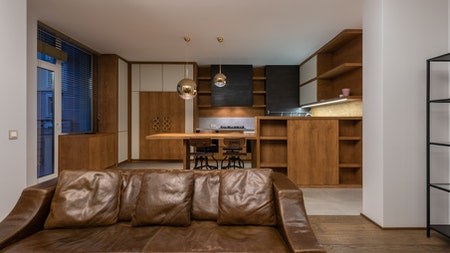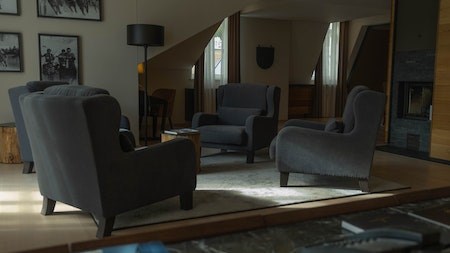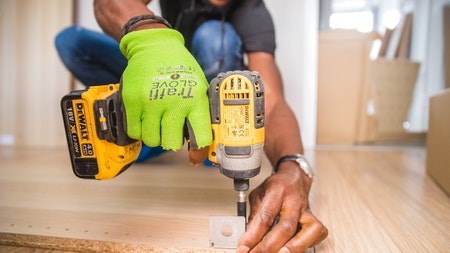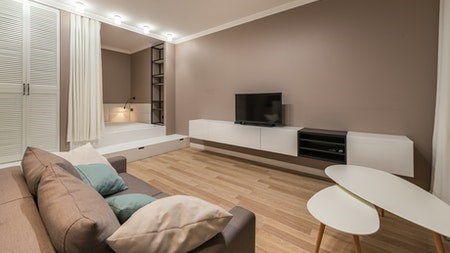Once your bond is paid up, you may be asking yourself whether you should buy a bigger, better home or renovate your existing one to suit your needs better.
One of the downsides to buying a new home are the hidden costs of moving, which subtract from your capital investment. For example, the bond and transfer fees on the new home, agent’s commission on the property sold, the cost of moving all your household goods, transferring landline and fibre connections, new window coverings and other incidentals – all of these add up, and they don’t add value to your asset.
Renovate
Unless you have substantial savings to put down as a deposit or qualify for a much bigger bond, you could be better off renovating your present home instead of buying a new one.
This assumes you have enough space available to build an extension to your existing home. However, you must also be careful not to overcapitalise your property when renovating. If you spend too much, you might not be able to recoup your costs when you do decide to sell.
To find the right balance, you need to check the value of your home. Then calculate the cost of renovations and compare the sum to the prices of similar homes in the area. These should be homes that have been renovated or have a similar number of rooms and features.
Retain
A third option could be to keep your present home and rent it out. This is a good way to grow a property portfolio, provided that you can afford to buy a more expensive home that will meet your needs and have access to the necessary finance.
If you rent out your first home, a good option is to take a bond on that property to enjoy the tax benefits afforded to landlords. In addition, the bond interest could be offset against any rental income you earn, reducing the tax payable.
However, it would be wise to consult a tax specialist to be sure of all the tax implications and allowable deductions.





